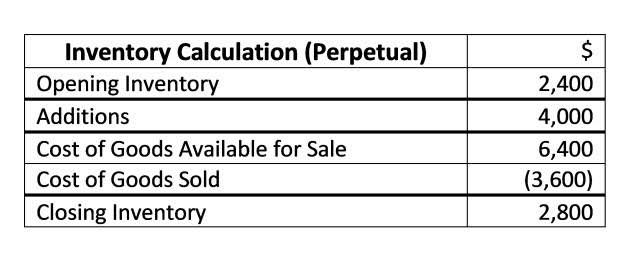
Additionally, hourly workers often have the chance to earn overtime pay for hours worked beyond the standard workweek. These jobs offer flexibility, allowing workers to earn more by working longer hours or taking extra shifts. However, the pay can vary salaries and wages examples based on the number of hours worked, so income can go up or down. Workers get overtime pay if they work more than their contracted hours in a week or month. An employee’s regular wages are fixed amounts they earn each pay period. Bonuses are cash compensation that employers provide to employees for producing good work.

Is it better to be on salary or hourly wage?
- Use “salary” when referring to fixed payments received regularly, typically monthly or annually, regardless of the number of hours worked, common for professional or managerial positions.
- For the rest of the 4 hours, she must be paid $60 at the rate of 1.5, which becomes $15 per hour.
- The information on our website cannot be considered a substitute for legal and binding advice for any specific situation.
- It mandates that non-exempt employees, regardless of whether they are paid hourly or through a salary, receive overtime pay for hours worked beyond the standard workweek.
- These roles might not offer the same stability as salaried jobs, but they provide other benefits like overtime pay and time flexibility.
- Given these contributions and the positive feedback received, I kindly request a formal review of my salary.
- On the other hand, if the employee is salaried but classified as a non-exempt employee, they’re entitled to overtime pay.
A wage is compensation that’s paid to employees based on the number of hours they take to complete any work that they have been assigned. However, how you calculate taxes may vary depending on Accounting for Marketing Agencies whether you pay an employee regular or supplemental wages. No performance review system here; labor works correctly on an hourly rate basis.
- Shiftbase, a user-friendly workforce management SaaS, simplifies these tasks.
- Understanding different wages is essential for employers, but managing them alongside complex scheduling, time tracking, and leave requests can be a challenge.
- Employees eligible to receive vacation pay typically get two weeks of paid leave each year.
- Jobs that may offer paid time off include nurses, customer service representatives, legal assistants, teachers, and librarians.
- Provide overtime pay for each hour an employee works over 40 during the workweek.
A Guide to Understanding and Recording Wage Payable

With a passion for writing high-quality HR content, Rinaily brings a unique perspective to the challenges and opportunities of the modern workplace. As an experienced HR professional and content writer, She has contributed to leading publications in the field of HR. It’s essential to consider state and local regulations, as they can influence overtime eligibility criteria.
- A prevailing wage is typically used in government contracting between agencies and outside businesses.
- The wage compensation per pay period is calculated based on how many hours an employee worked and the pay rate of the work.
- This article presents you the important differences between salary and wages in tabular form.
- Salary pay often suits full-time employees with a standard 9-5 schedule, while hourly pay might be more fitting for part-time workers or those with varying weekly schedules.
- Non-exempt salaried employees are entitled to overtime pay, while exempt salaried employees, often in managerial or professional roles, may not be eligible.
Wages vs Salary – Meanings, Differences, Usage, Examples, Tricks
This means that their income can go up or down depending on how busy their work week is. For wage workers, earnings might vary weekly Accounting Periods and Methods or monthly based on hours worked. This gives them more flexibility in time management but less predictability of income. Most hourly wage workers come in the category of non-exempt employees, and they’re eligible for overtime pay for work done beyond 40 hours. The term salary and wages is often confused by people and is used interchangeably. But the truth is that both these terms differ from each other and hold different meanings.

- There are some differences between them, and they affect how we account for them.
- Below are 7 unique, detailed templates you can customize when requesting a salary review or increase.
- You should always verify the accuracy and completeness of the information and calculations with your employer, payroll provider, or tax authority.
- The income for wage workers can go up or down based on how many hours they work.
- Get your open positions seen by qualified candidates quickly and easily.
- The three main types of compensation strategies are lag, match, and lead.
- An employee is supposed to work for certain fixed hours daily but if Sometimes the work is not finished in time the employee has to devote his extra time without any additional pay.
Most salaried employees get their bonuses and increments based on the KRA (Key Result Area) sheet that shows the performance metrics of individual employees. Whether they work on a weekend or holiday or exceed 40 hours, they won’t be entitled to overtime pay. Workers who fulfill these criteria are exempt employees, which means they get exempted from FLSA rules; thus, overtime pay doesn’t apply to them.
